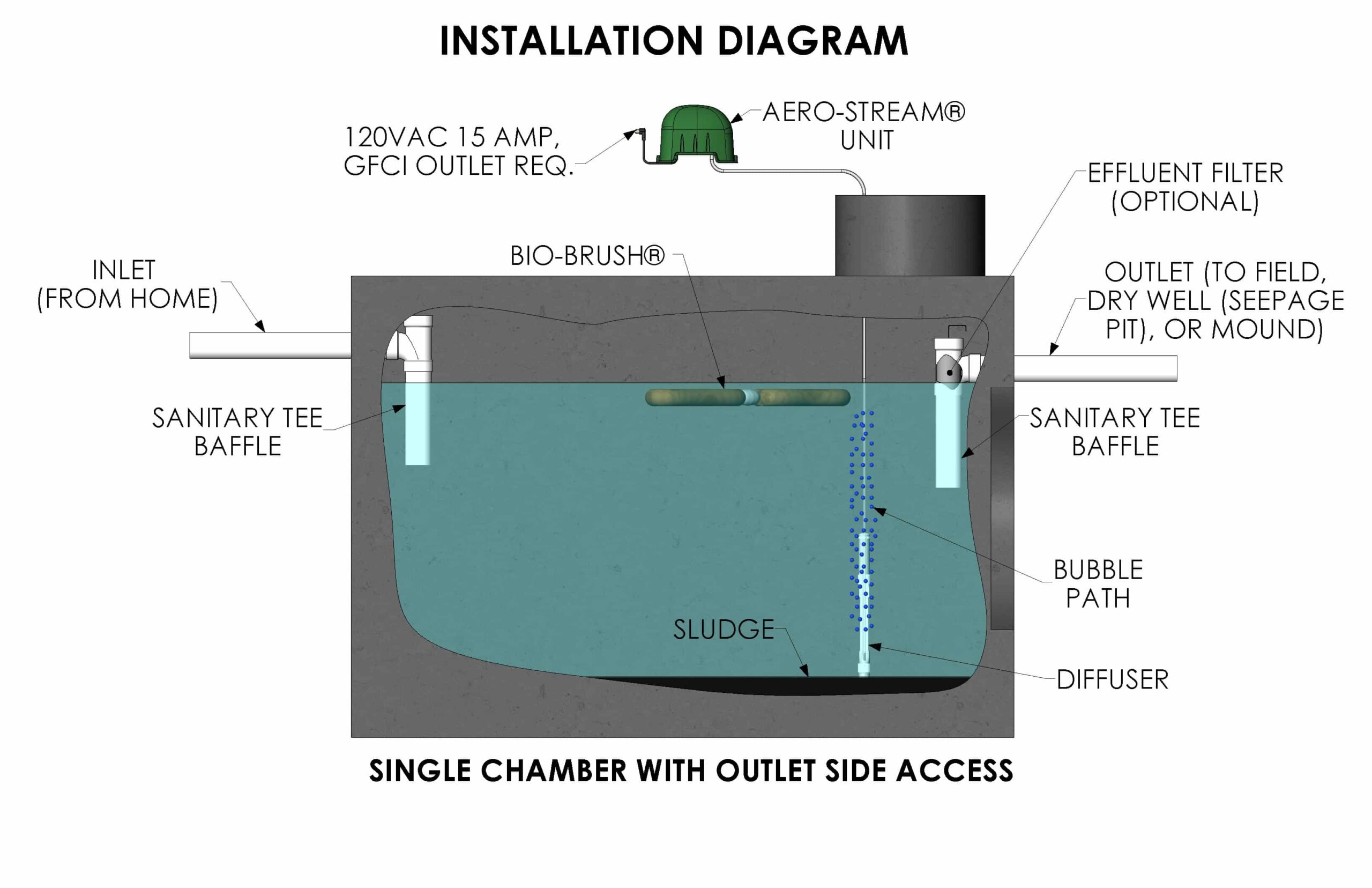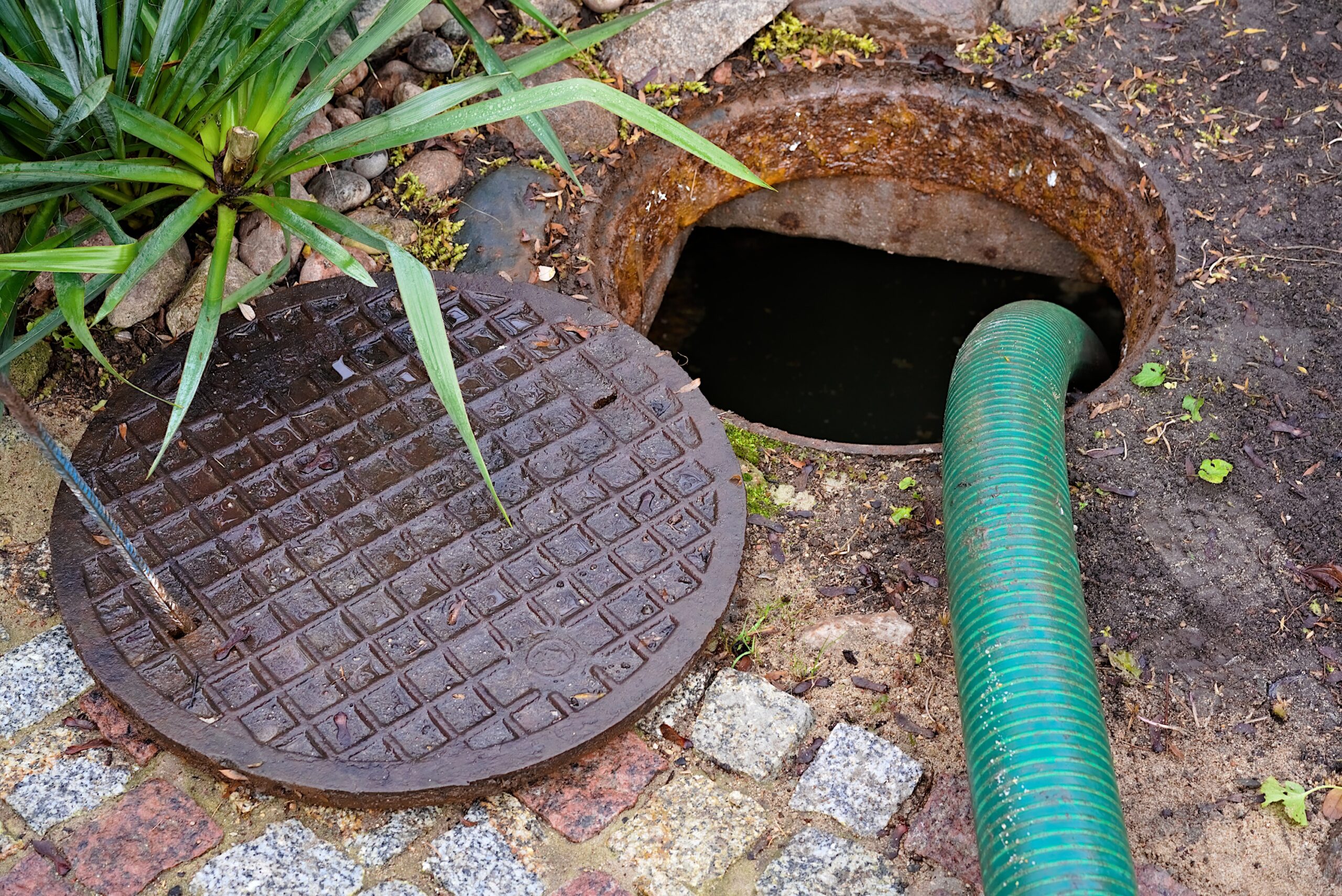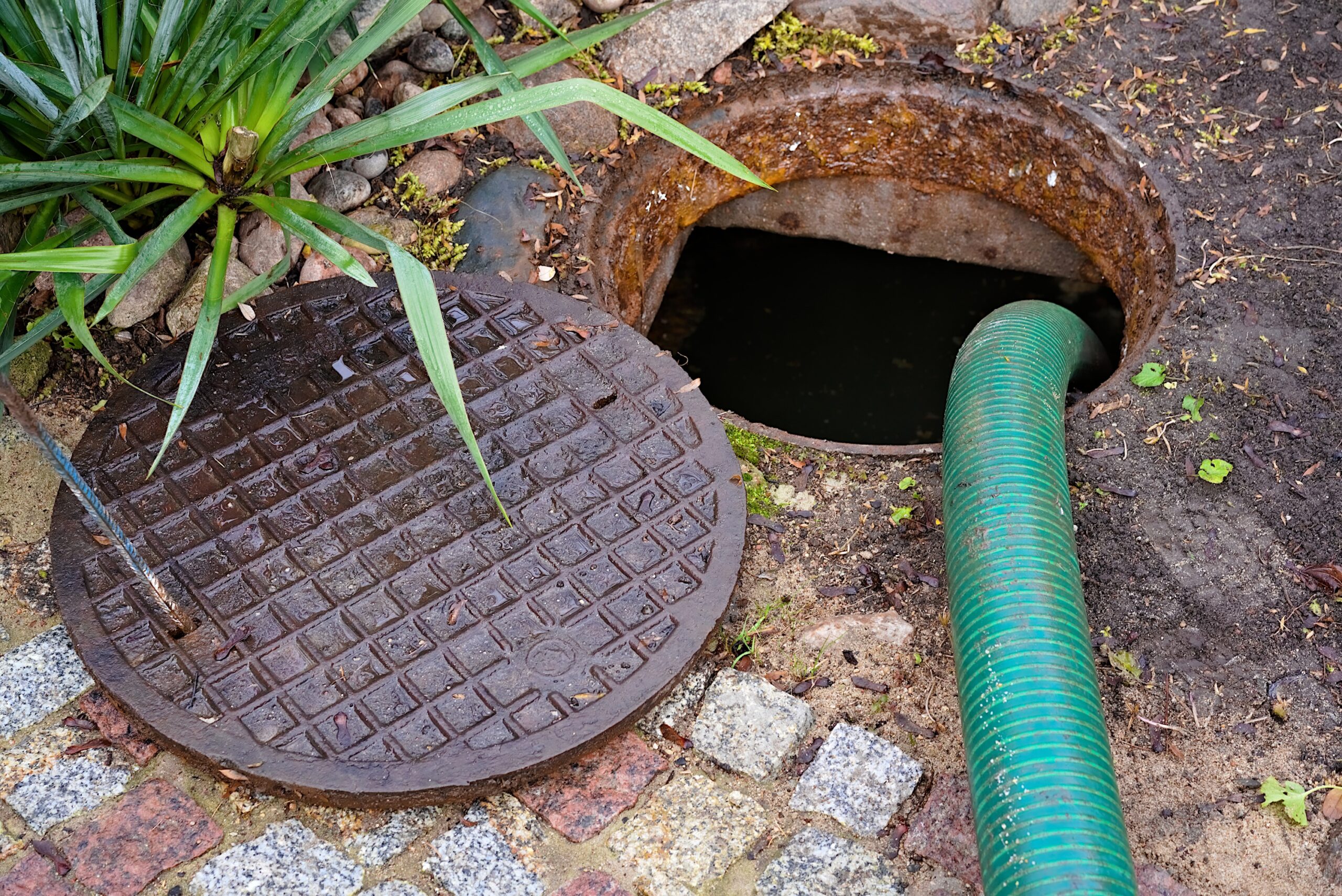State, county and local health and environment authorities have been taking a harder line on failing septic systems in recent years. Concerns about the environmental impact of these household wastewater management systems have led to added oversight and increased regulation for septic systems in many areas:
- Rules proposed by the Ohio Department of Health would require a specific minimum vertical separation between the bottoms of drain fields and the existing groundwater table and would require added inspections for existing septic systems regardless of whether they were failing or not.
- New rules currently under consideration by the Pennsylvania Department of Environmental Protection will require protective barriers around all new septic system installations to reduce the concentration of nitrates entering the groundwater through the system. Additionally, stricter regulations will prevent developers from building too close to creeks, streams and other bodies of water.
- Peoria County legislators are in the process of instituting new rules for real estate transactions that require that septic tank systems be inspected and verified to be in proper working order before any sale or transfer of title can be performed within the county. These added legal requirements have been challenged by local real estate agents as an unjustified burden on their industry.
Increased regulations have already been put into place in many areas of the country. These added burdens can constitute a significant financial responsibility for many homeowners and may require extensive repair work before properties can be sold or transferred. In many cases, homeowners can avoid these expenses by addressing septic system problems promptly and effectively before failure becomes a possibility.
Proactive help for septic systems
Regular maintenance is a key element in preserving the life and functionality of a modern septic tank system. Some of the most important elements in a septic maintenance plan include the following:
- Inspections of all pipes and electrical equipment to ensure proper function
- Regular pumping of the septic tank to prevent build-up of non-biodegradable materials in the tank
- Installation of an advanced septic aerator system to promote faster breakdown of particulate matter inside the tank
By preventing septic systems from failing and performing needed maintenance on a regular basis, homeowners can avoid many of the most expensive repairs and regulatory requirements for septic tank installations.
The increased focus on septic system regulation by state and local agencies is likely to continue for the foreseeable future. By taking steps now to protect and preserve the life of their existing septic tank systems, homeowners can reduce their risk of large-scale expenses due to these new environmental protection rules.











